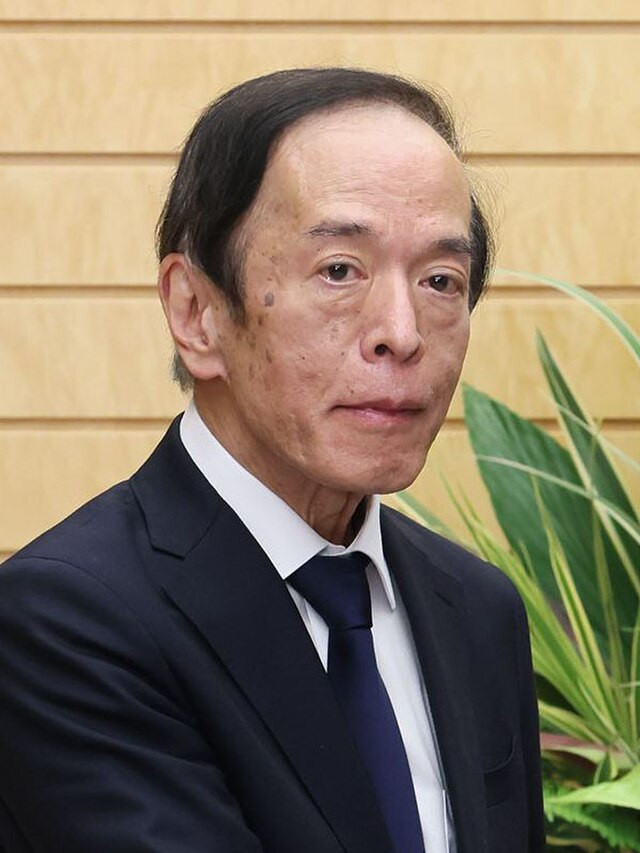Bank of Japan (BOJ) Governor Kazuo Ueda indicated Monday that the central bank could raise interest rates as soon as December, highlighting progress in Japan's efforts to achieve wage-driven inflation. Speaking to business leaders in Nagoya, Ueda noted that while there are numerous uncertainties, domestic conditions, including rising wages and inflation, appear conducive to further monetary policy adjustments. The BOJ must balance stimulus reduction carefully to avoid exacerbating inflationary pressures, Ueda said.
"There are numerous uncertainties we need to scrutinize. But that doesn't mean we will wait until all of them clear up," Ueda emphasized during a news conference. "We'll decide policy looking at data and information available at the time of each meeting."
The BOJ's recent signals of potential policy normalization mark a pivotal shift as Japan seeks to foster stable, long-term economic growth. Ueda underscored that "gradually adjusting the degree of accommodation" would help support economic activity and price stability in a sustainable manner. In July, the BOJ raised its short-term policy rate to 0.25%, ending its negative interest rate policy as inflation began to show signs of durability.
Ueda's comments come against the backdrop of a weak yen, which has driven up import costs and placed added strain on Japanese consumers. While acknowledging the negative impact on households, Ueda noted that a weak yen can also boost exports and inbound tourism. "The overall impact on Japan's economy isn't easy to assess," he remarked. Currency movements, along with global economic trends, will be key considerations for the BOJ in determining the timing of any additional rate hikes.
Markets reacted cautiously to Ueda's remarks, with the yen falling 0.35% against the dollar to 154.72 yen, reflecting some disappointment over the lack of specific guidance on the timing of the next policy move. Market participants are now pricing in a 54% chance of a quarter-point rate hike at the BOJ's next meeting on December 18-19, according to industry data.
Inflation in Japan has been bolstered by domestic wage growth, a shift Ueda views as a positive development. He cited rising corporate profits and robust capital expenditure as evidence that wage-driven inflation is taking hold. "We expect wage-driven inflationary pressure to heighten as the economy continues to improve and companies keep hiking pay," Ueda stated. The central bank's focus remains on ensuring that this virtuous cycle between wages and prices continues to intensify.
However, the BOJ must also keep a watchful eye on global risks, including economic developments in the United States. Ueda noted that former U.S. President Donald Trump's expected return to power adds an element of uncertainty, particularly regarding potential changes in U.S. economic policies. "We are paying very keen attention to what kind of policies the next U.S. administration under Trump will announce, as the policies will have a huge impact on the global economy," Ueda said.
Despite Ueda's measured optimism, market sentiment reflects skepticism about whether the BOJ will proceed with a December rate hike. A Reuters poll conducted earlier this month showed a slim majority of economists expecting the central bank to hold off until 2024, although nearly 90% anticipate an increase by March.
The BOJ's cautious approach is understandable given its recent efforts to unwind years of ultra-loose monetary policy. In recent months, Japan has seen companies raising prices not only for goods but also for services-a sign that inflation is increasingly driven by domestic demand rather than rising input costs. "We're seeing progress on the domestic front," Ueda noted, emphasizing the need to carefully calibrate policy moves to avoid derailing the recovery.
The impact of any future rate hike will depend heavily on external economic conditions, including the pace of global growth. Ueda expressed confidence in the U.S. economy's ability to achieve a soft-landing scenario, which could further stabilize global markets. "The chance of the U.S. economy achieving a soft-landing scenario appears to be increasing," he said.
Ueda emphasized the importance of monitoring economic data closely to ensure that the BOJ's actions support sustained growth and price stability. "The timing for when we'll adjust the degree of our monetary support will depend on the economic, price, and financial outlook," he concluded, leaving the door open for a potential rate hike in the near future.






